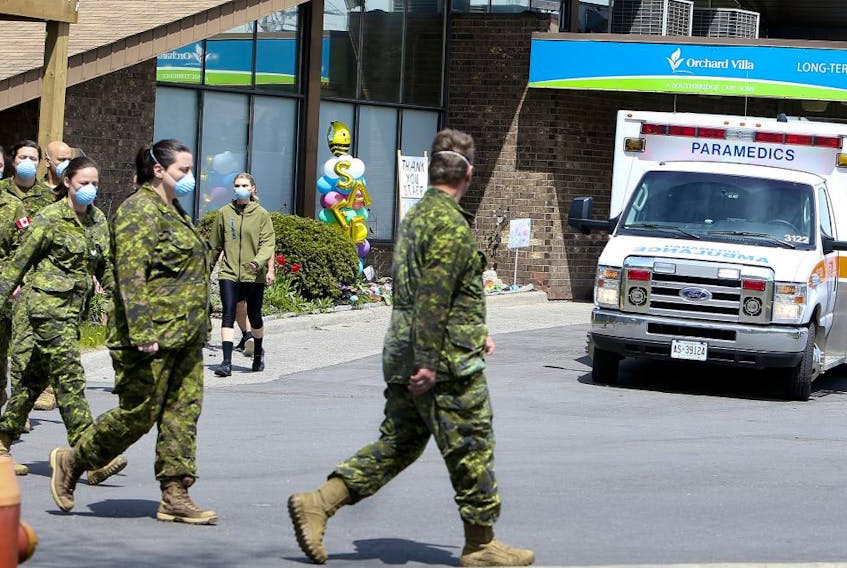Late last week, it was reported that the Department of National Defence had ordered a halt to its controversial program of weaponizing their public affairs branch.
This move comes in the wake of a series of news stories by Ottawa Citizen defence reporter David Pugliese, which outlined how the DND intended to use propaganda to change the attitude and behaviour of Canadian citizens.
It was revealed in Pugliese's reports that the Canadian Forces planned to create “joint targeting and information operations” capability along with a defence strategic communications team for the purpose of using “defence activities as a means of communication to influence the attitudes, beliefs and behaviors of the audiences.”
Now, the last time I checked, the role of the Canadian military was to protect Canada and Canadian values, not to alter the mental state of Canadian citizens.
What was most shocking about these damaging media revelations was the fact that this program had moved beyond the theoretical and was already being employed here in Canada.
To date, the Canadian Armed Forces have spent more than $1 million to train public affairs officers on behaviour modification techniques.
At the beginning of the pandemic, when the Canadian military was poised to deploy personnel to assist in civilian long-term care facilities, the CAF established what it called a precision information team (PIT). This PIT used military personnel to collect and analyze information gleaned from civilian social media accounts.
This information was subsequently passed along to Ontario Premier Doug Ford to inform him that his electorate was not happy with his failure to protect the elderly during the COVID-19 crisis.
It was also reported that the Canadian Forces had a plan to counter potential pandemic-related civil disobedience by using various information warfare techniques, including broadcasting propaganda from vehicle-mounted loudspeakers.
The architect behind the enhancement plan for the public affairs branch was Brig.-Gen. Jay Janzen, who is quoted in one of the Canadian Forces strategy documents as stating, “The motto ‘who dares, wins’ is as applicable to strategic communication as it is to warfare.”
Those familiar with military affairs will note that who dares wins is the operational motto of the British Special Air Service (SAS), which is one of the most elite commando units in the world.
It is one hell of a stretch to compare elite special forces combat soldiers to a handful of public affairs officers monitoring civilian Facebook posts, but hey, you've gotta give Janzen credit for his imagination.
Perhaps one of the most disturbing revelations was that of a planned campaign to counter allegations of white supremacists in the ranks of the CAF. In advance of this PR initiative, DND had compiled dossiers on several Canadian journalists and planned to assemble a gaggle of military-friendly academics and historians to push the narrative that no such problem exists.
However, before that plan could be initiated, there was a series of much publicized incidents involving CAF members with alleged ties to white supremacy. The propaganda plan was shelved and now it has been exposed.
Once the activities were made public in the press, the senior military leadership realized that these attempts to “weaponize” the public affairs branch had, in fact, backfired. Instead of protecting the CAF’s image with Canadians, Janzen’s public affairs enhancement strategy, as well as the other missteps related to the pandemic propaganda schemes, actually damaged the military's reputation and credibility.
In shutting down this initiative, Laurie-Anne Kempton, the assistant deputy minister of public affairs
— and Janzen’s immediate superior — wrote an email to her staff: “Canadians must have absolute confidence in knowing that we completely understand our role in informing the public space of our initiatives and activities,” she said, adding: “They must know they are not targets.”
Amen to that.









